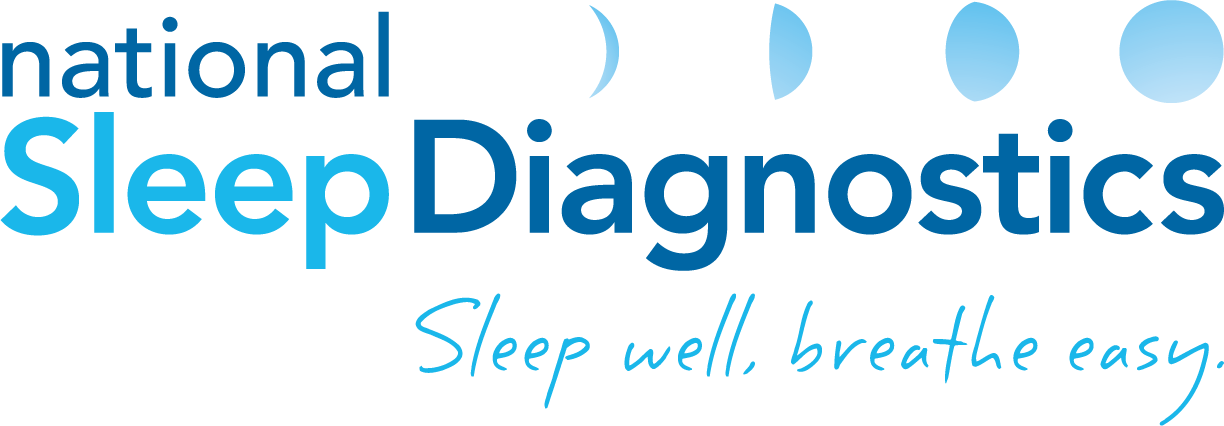Narcolepsy
Narcolepsy is an unusual condition with the typical stereotype being of a person sleeping throughout the day or falling asleep with little provocation, including falling asleep without warning (cataplexy). It has a genetic basis and can run in families. The cause of typical narcolepsy has been identified and specific treatments are currently being developed.
There are also a number of atypical forms of narcolepsy with people describing excessive sleepiness, tiredness and fatigue, despite adequate time in bed and no obvious cause for complaint. This is often termed idiopathic hypersomnolence and can overlap with chronic fatigue syndrome.
Narcolepsy is often underdiagnosed in our community. Specialist assessment and treatment is therefore the best way forward. A review of how it affects your daily life and whether it may be secondary to other sleep disorders has to be considered upfront, before treatments are prescribed.
Sleep testing is usually required to document the typical features of narcolepsy. This involves an overnight sleep study to look for other contributory conditions, with further monitoring the following morning in the form of a multiple sleep latency test (MSLT). Sometimes this needs to be repeated before a typical pattern of narcolepsy emerges.
As narcolepsy in its most severe forms can significantly impact the ability to maintain alertness, a full and frank discussion as to how it may affect your well-being and your livelihood is usually undertaken. Individuals in task critical occupations such as driving or materials handling may be at risk of harming themselves or others. The focus of narcolepsy treatment is to trial a stimulant medication of which there are two major types. Narcoleptics should take the necessary steps to keep themselves safe and work out a strategy for work and for driving. For the group of individuals who have a more severe form of narcolepsy where they fall asleep with little provocation, such as during the day or with emotional stimuli, further medication is usually trialed. Support groups are available but a reliance on postings on the Internet is often fraught with inaccuracy and inappropriate individual cases.
